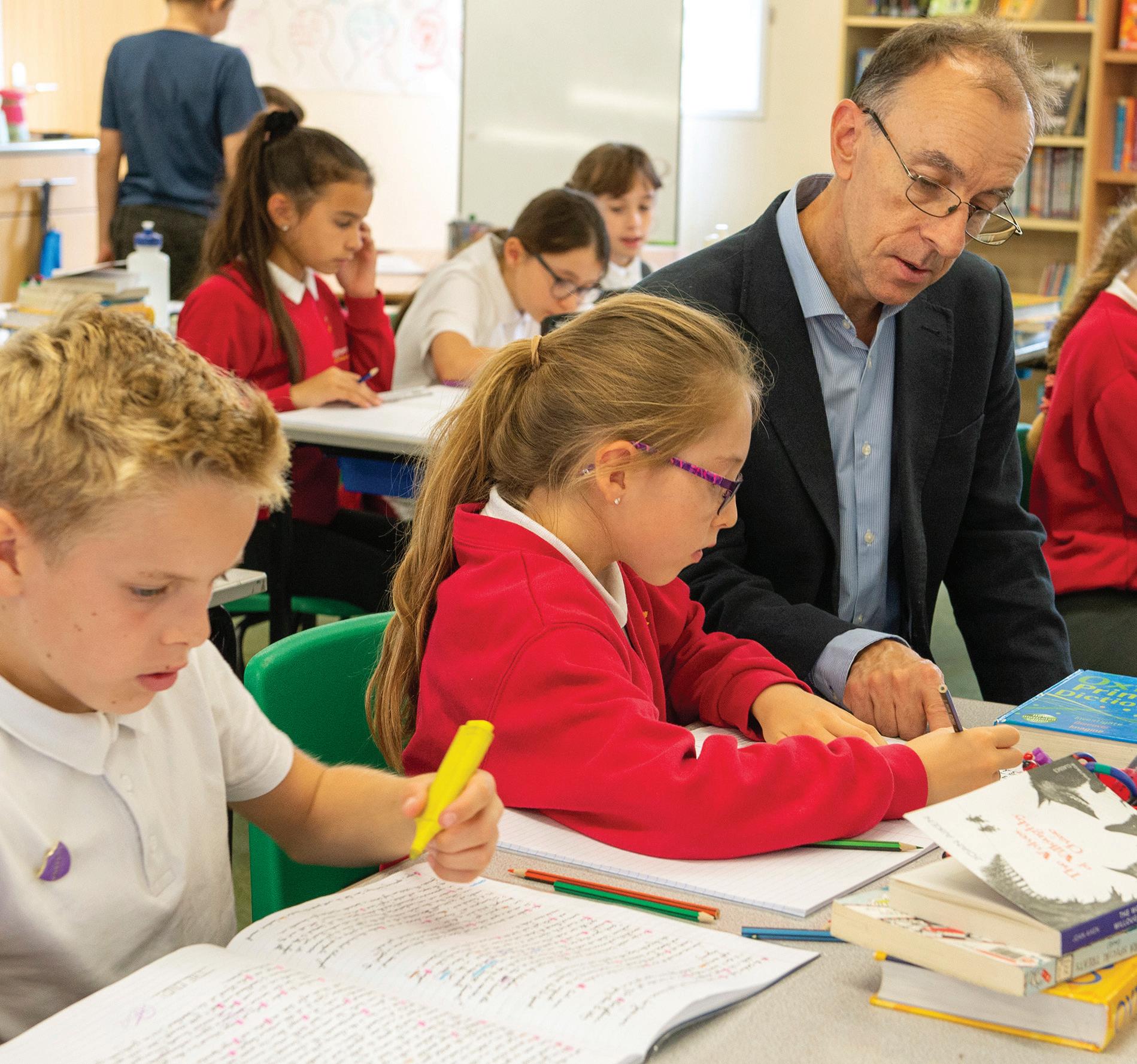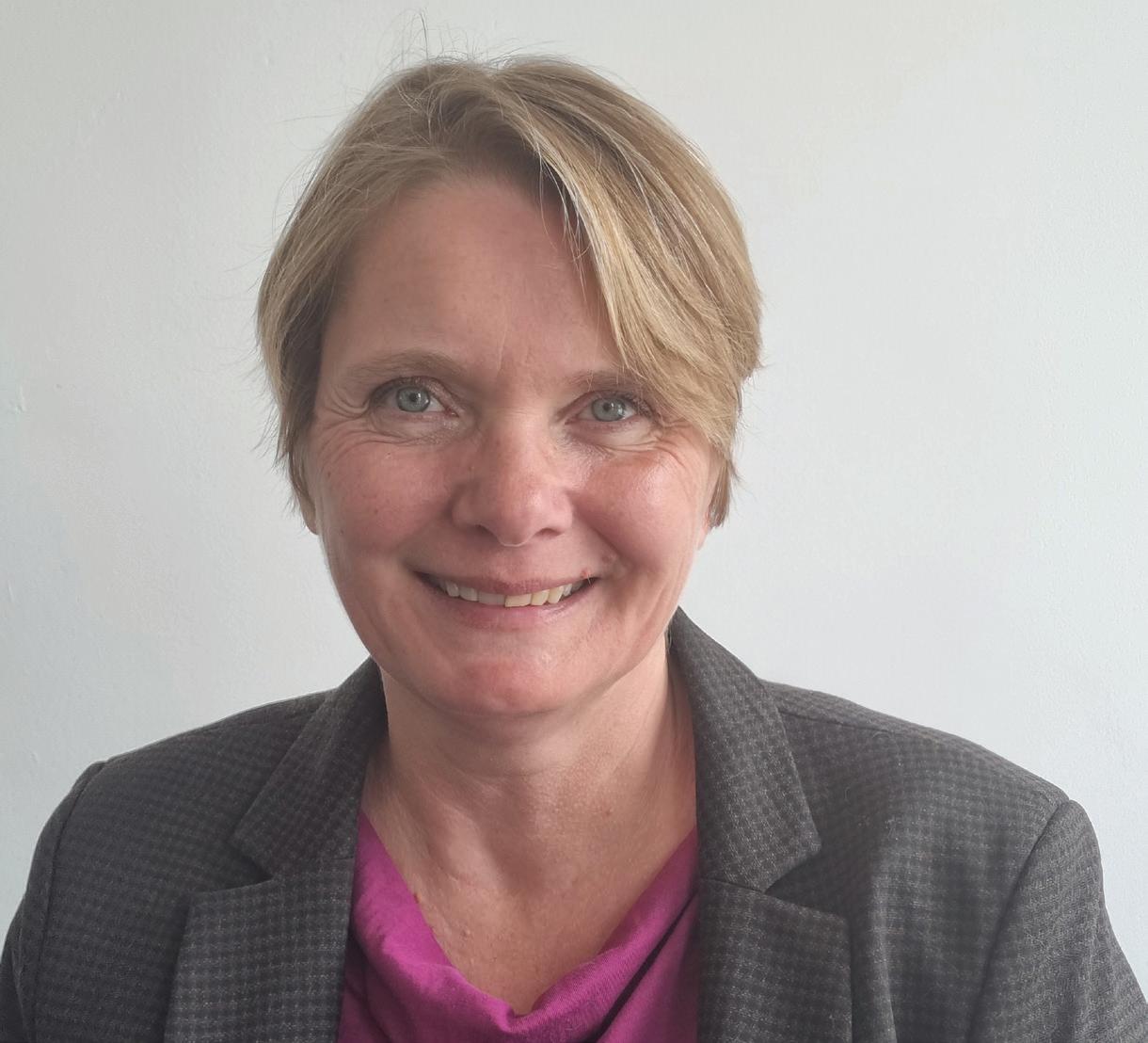
2 minute read
Working in partnership
from DEMAT Inspire - July 2023
by DEMAT
To Further Enrich Academic Expertise In The Classroom
We can’t possibly introduce our pupils to everything that is known about every subject taught in primary school, so we have to think carefully about what we teach. It takes expert knowledge to select key themes and content which ‘tell the story’ of that subject. That’s why we partner with other curriculum experts like The Knowledge Schools Trust (KST).
Advertisement

Research from cognitive science has shown that our brains favour narrative – we remember things much better when they are told as a story. This is because we can connect or hook new knowledge onto knowledge we already have (Willingham, D. 2021, 2014). The Primary Knowledge Curriculum (PKC) has been written by experts who ensure that each subject tells its own story to help pupils remember the important themes and content.
We have been partnering with The Knowledge Schools Trust since 2020, and all schools across DEMAT use the Primary Knowledge Curriculum to teach art, design and technology, geography, history and science. We regularly share feedback from our schools with KST to help them to further develop the curriculum and the CPD (training offer) for all schools. At DEMAT, around half of our schools are rural village primaries with mixed year group classes, therefore we have many teachers who are experts in teaching a range of year groups within one class.
In the first year of our partnership, the PKC units were split into a cycle A and cycle B programme – this works well where the content is cumulative. Cumulative content means that you can build knowledge of the subject by learning different content at different times. Our class teachers know their pupils best and used their professional knowledge and experience to make the connections, build background knowledge and plan to deliver their lessons, so that every single pupil learned the core knowledge over time. This was quite a challenge!
In the second year of working with PKC, feedback from our teachers led to further developments in the planning for mixed year groups. This time includes subjects where the content can be more hierarchical. Science is a good example of this where children need to have a basic understanding of the parts of a plant before they can learn about how plants reproduce. To support teachers in mixed year group classes, we now have specific mixed year group planning for the hierarchical elements of subjects to ensure that the content is specified, carefully sequenced and that links to previous and future learning are clear. As a result of the partnership between DEMAT and the PKC, schools across the country now benefit from the mixed year group planning and CPD sessions.
We’re excited to be working with the PKC team to develop a new music curriculum, our music leads have been sharing their expert knowledge to help shape the content and will start to trial some early units in the next academic year.











